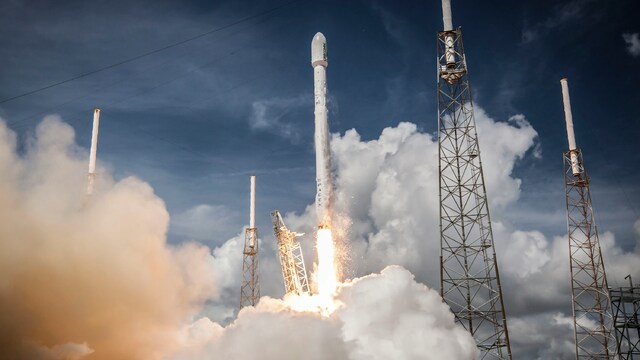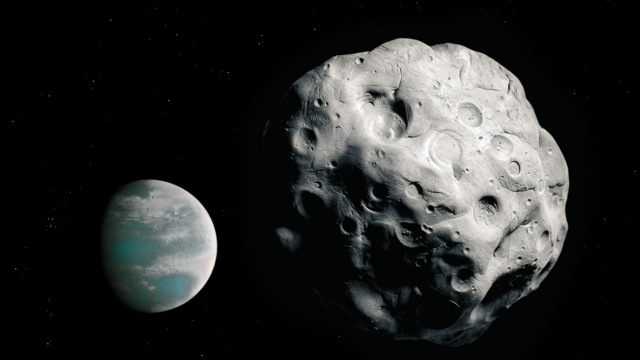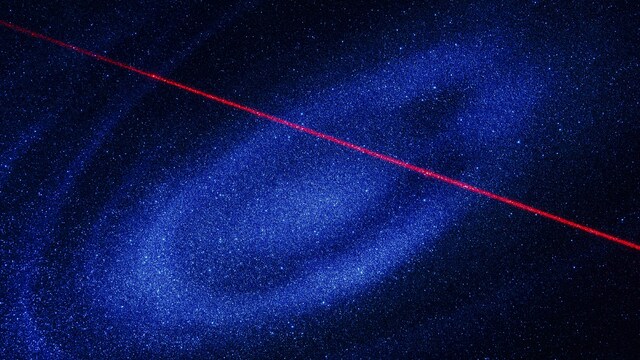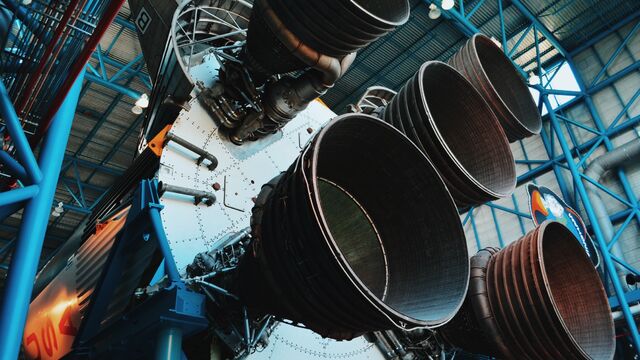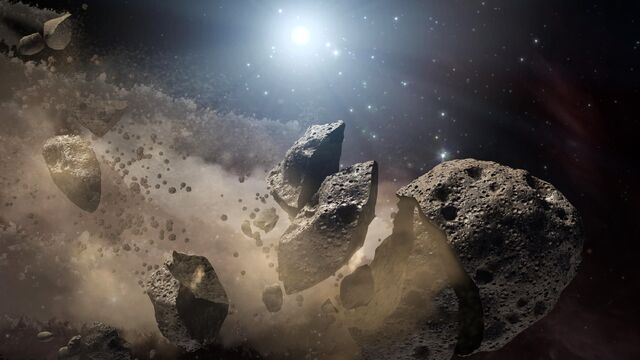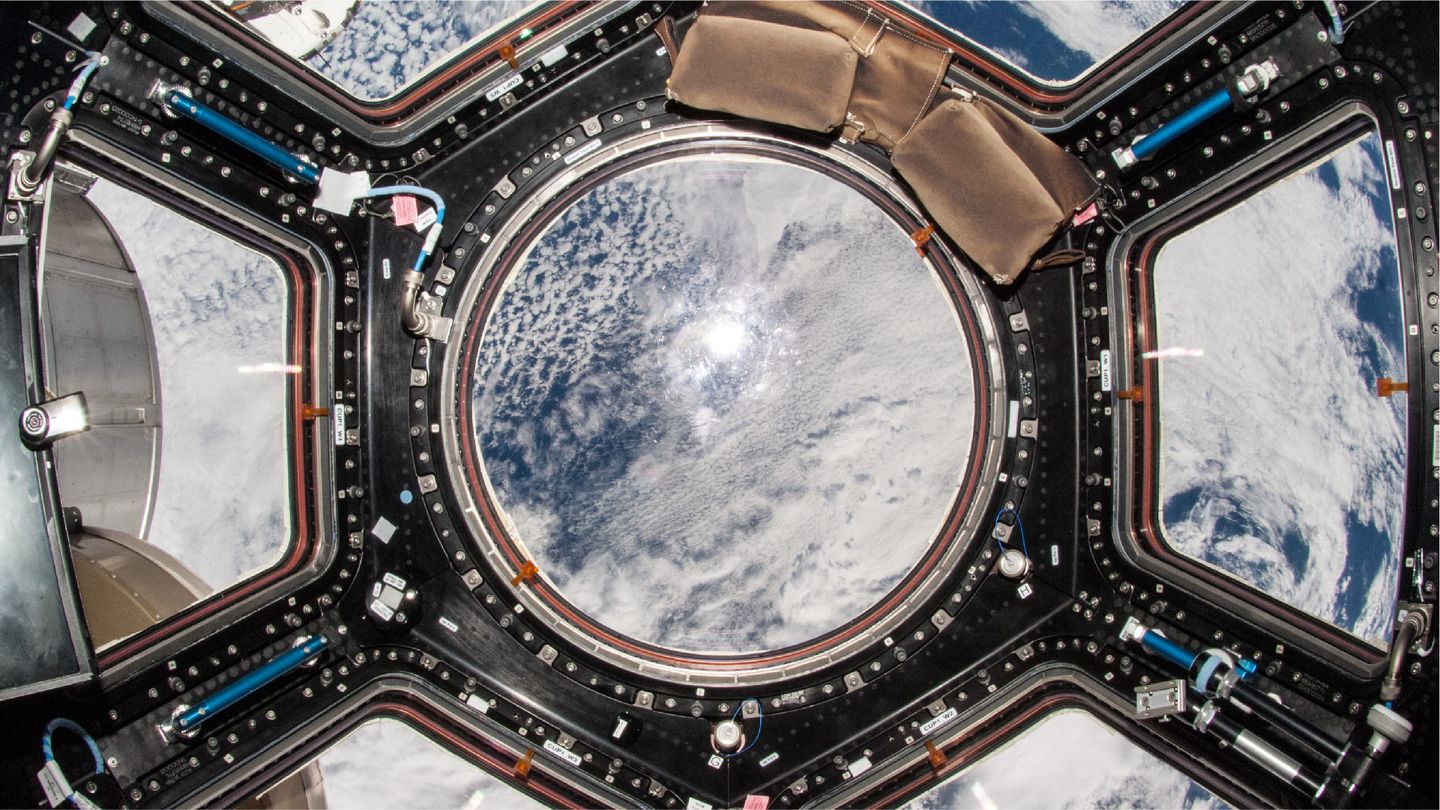
Space
The international agreement defines space as an area outside of the planet Earth, starting at a border 100 kilometres above the Earth’s surface. From the point of view of international relations, the physical characteristics of space are particularly fundamental: the universe does not and practically cannot have political boundaries due to the principle of orbital mechanics. The Outer Space Treaty defines the universe as a province of humanity that cannot be territorially claimed by any state and must serve the interests of all states in the world. One of its main characteristics is its inhospitality due to strong radiation or the significant temperature difference between places illuminated by the Sun and those which are “shaded” (which do not receive the Sun’s rays). For this reason, the universe is explored primarily by robotic technology and not by human crews. At the IIR, we examine how these characteristics enter international relations and whether the choice of technology for the future development of human infrastructure in space has a constitutive character in new forms of international relations. We apply classical theories of international relations to the analysis of current events, including prospects made possible by breakthrough technologies.

